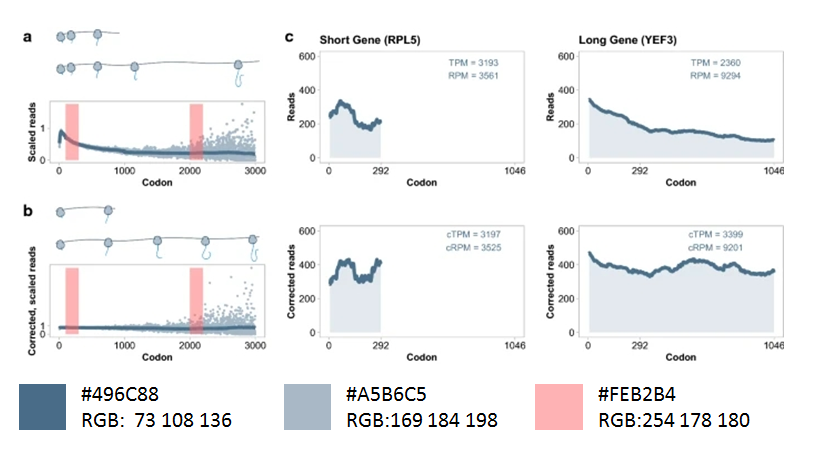

Long story short, curly hair has TONS of these disulfide bonds-hence a head full of bouncy, sometimes pesky, curls. Disulfide bonds occur when two sulfides (sulfur atoms) collide and in turn create a spiral in your hair. Genetics are responsible for determining the number of disulfide bonds that live within your hair proteins.

Okay, let’s break it down: genetics takes center stage when it comes to your curl pattern. One concern for Keratin treatments on curly hair is doing it incorrectly, which can lead to irreversible heat damage and a change in natural curl pattern. Depending on your exact hair type and how curly your strands are, there is no promise of a completely straight finish, but it will be much more relaxed and shiny! It’s also a great way to tame frizz and flyaways, which can be very common for curly hair types. Is keratin good for hair? Glossy, frizz-free hair can benefit from a keratin treatment for curly hair.Ī keratin treatment is a great option for those with curly hair who want a more relaxed and shiny finish. Many people with curly hair choose this route to relax their hair and give it a different texture.
#Unfrizz dy culrs plus
The keratin conditioning treatment process is appealing because they make hair more manageable and easy to style, plus they can last up to 3-5 months. Today, most stylists don’t use formaldehyde for the treatment but have found similar chemicals that relax hair and are safer to use. This treatment became popular in South America, particularly in Brazil, when a mortician noticed that the formaldehyde being used to embalm bodies was also straightening the hair of the deceased.


 0 kommentar(er)
0 kommentar(er)
